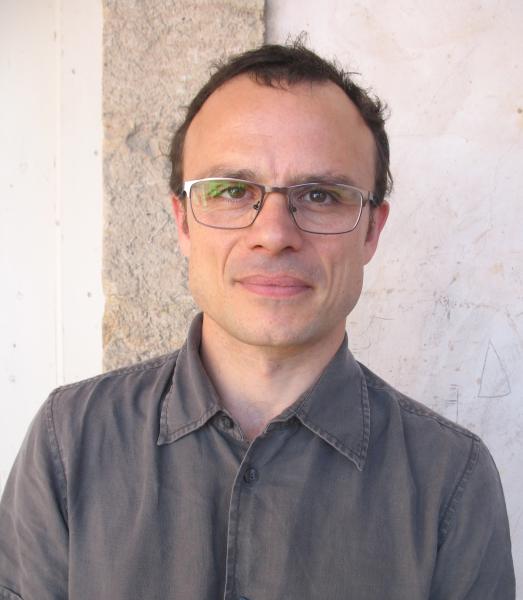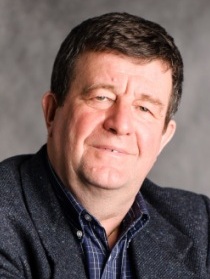Scientific Board
The CTN Scientific Board is made up of one representative per each Partner of the Network. The role of the Scientific Board is to decide joint initiatives, approve new partnerships, referee the research papers submitted for the CTN annual workshop, or for publication in our working paper series and newsletter.
The CTN Scientific Board is currently composed by:
Anna Bogomolnaia
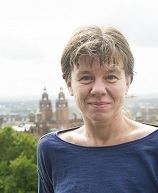 Anna Bogomolnaia received her Ph.D. in Economics from Universitat Autonoma de Barcelona, Spain, in 1998. She also holds Master degree in Mathematics from St. Petersburg University, Russia. Before joining University of Glasgow in 2013, she worked at University of Nottingham, Southern Methodist University, and Rice University.
Anna Bogomolnaia received her Ph.D. in Economics from Universitat Autonoma de Barcelona, Spain, in 1998. She also holds Master degree in Mathematics from St. Petersburg University, Russia. Before joining University of Glasgow in 2013, she worked at University of Nottingham, Southern Methodist University, and Rice University.
Yann Bramoullé
Yann Bramoullé graduated from École Polytechnique in France in 1995 and obtained his PhD from the University of Maryland, College Park in 2002. He was an economics professor at Laval University in Québec until 2012 and is now a CNRS Research Fellow at Aix‐Marseille University. He was nominated for the prize of the best French young economist in 2013. He currently works on the interaction between markets and networks, a project for which he obtained an ERC consolidator grant in 2014, on strategic interaction and networks, on altruism in networks, and on the econometrics of social networks.
Dominik Karos
Dominik Karos received his PhD from Maastricht University in 2013. After graduation he became a Career Development Fellow at the University of Oxford, and in 2016 he returned to the School of Business and Economics in Maastricht to take up a post as Assistant Professor. He currently works at the intersection of behavioural economics and social networks and his research is funded by a Marie Curie Individual Fellowship. Since 2020, he is working at the Center for Mathematical Economics (IMW) at Bielefeld University.
Andrew Mackenzie

Andrew Mackenzie received his Ph.D. from the University of Rochester in 2017, then joined the Department of Microeconomics and Public Economics at Maastricht University. He is interested in mechanism design and decision theory.
Pau Milán

Pau Milán joined MOVE and the Economics department at Universitat Autònoma de Barcelona in 2016 after receiving his PhD in Economics from Universitat Pompeu Fabra. His research interests include economic theory and development economics, particularly as it relates to the theory of social and economic networks. He is currently working on questions related to informal insurance in village economies, the role of local information in strategic decisions, and developing new formal measures of social integration.
Agnieszka Rusinowska
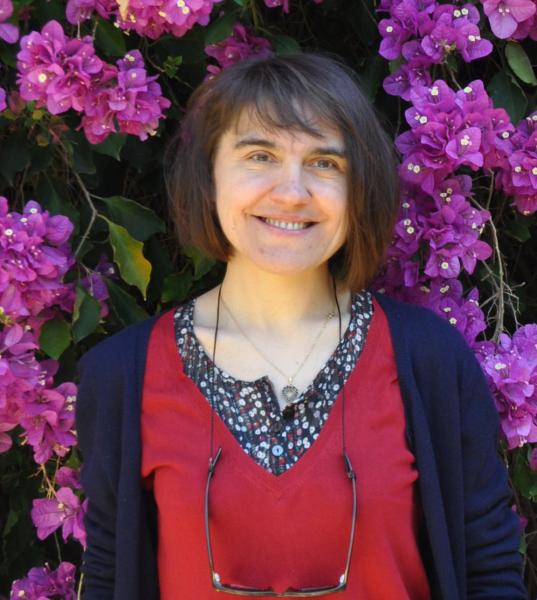 Agnieszka Rusinowska is CNRS Research Professor (Directeur de Recherche) in Economics at Centre d’Economie de la Sorbonne. She obtained her PhD in Economics at Warsaw School of Economics in 2000. Since 2007 she works at CNRS in France. Her main research interests concern Game Theory and Social Choice Theory: network and coalition formation, influence, voting power, bargaining. Agnieszka Rusinowska published about 60 articles in journals and as books contributions, and gave over 100 talks at international conferences and invited seminars. She co-organized several international conferences and workshops. Prof. Rusinowska is involved in several boards and committees at CES: she is director of the research group Mathematical Economics and Games, member of CES Management Board, of Council of CES, of Scientific Advisory Board at University Paris 1. She is/was member of two French committees: CNU (National Council of Universities, 2007-2011), CoNRS (National Committee for Scientific Research, since 2011). She is associate editor in International Game Theory Review.
Agnieszka Rusinowska is CNRS Research Professor (Directeur de Recherche) in Economics at Centre d’Economie de la Sorbonne. She obtained her PhD in Economics at Warsaw School of Economics in 2000. Since 2007 she works at CNRS in France. Her main research interests concern Game Theory and Social Choice Theory: network and coalition formation, influence, voting power, bargaining. Agnieszka Rusinowska published about 60 articles in journals and as books contributions, and gave over 100 talks at international conferences and invited seminars. She co-organized several international conferences and workshops. Prof. Rusinowska is involved in several boards and committees at CES: she is director of the research group Mathematical Economics and Games, member of CES Management Board, of Council of CES, of Scientific Advisory Board at University Paris 1. She is/was member of two French committees: CNU (National Council of Universities, 2007-2011), CoNRS (National Committee for Scientific Research, since 2011). She is associate editor in International Game Theory Review.
Vincent Vannetelbosch
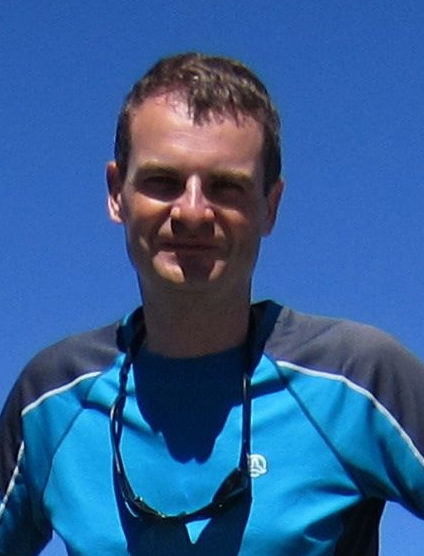 Vincent Vannetelbosch is Professor of Economics at the University of Louvain, Senior Research Associate at the National Fund for Scientific Research and Associate Fellow at the Saint-Louis University. Vincent's research interests are game theory, bargaining theory, group formation and network theory, industrial organization.
Vincent Vannetelbosch is Professor of Economics at the University of Louvain, Senior Research Associate at the National Fund for Scientific Research and Associate Fellow at the Saint-Louis University. Vincent's research interests are game theory, bargaining theory, group formation and network theory, industrial organization.
Shlomo Weber
Shlomo Weber is Robert H. and Nancy Dedman Trustee Professor of Economics, Southern Methodist University, Dallas, USA, and Acting Rector at New Economic School, Moscow. He holds M.Sc. cum laude in Mathematics from Moscow State University and Ph.D. from Hebrew University of Jerusalem. Professor Weber served as the Chairman of the Department of Economics at SMU, the Research Director of CORE at the Catholic University of Louvain, Belgium, and the Academic Director of the International School of Economics, Tbilisi, Georgia. He received various international prizes, including Alexander von Humboldt Prize for outstanding foreign scientists and the 3rd wave Megagrant Award for outstanding scientists from the Russian Ministry of Education and Science. Professor Weber serves as a member of the Executive Committee of the Board of Directors of Global Development Network and of the International Advisory Board of the Economic Education Research Consortium. Professor Weber published more than 100 articles in leading journals in economics and political science. His interests focus on documentation, measurement, and impact of societal diversity and social interactions in heterogeneous societies.
Myrna Wooders
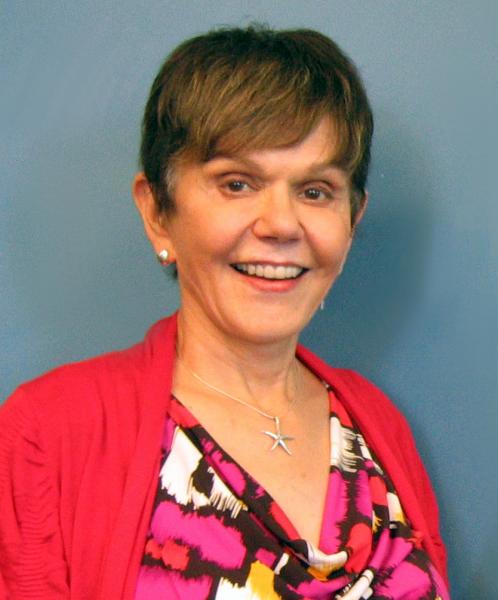 Myrna Wooders is a Fellow of the Econometric Society, Editor of Journal of Public Economic Theory, President of the Association of Public Economic Theory and Founding Editor of Economics Bulletin, Her research areas are public economic theory, game theory and network theory, including club theory, the theory of local public goods and coalition theory.
Myrna Wooders is a Fellow of the Econometric Society, Editor of Journal of Public Economic Theory, President of the Association of Public Economic Theory and Founding Editor of Economics Bulletin, Her research areas are public economic theory, game theory and network theory, including club theory, the theory of local public goods and coalition theory.

